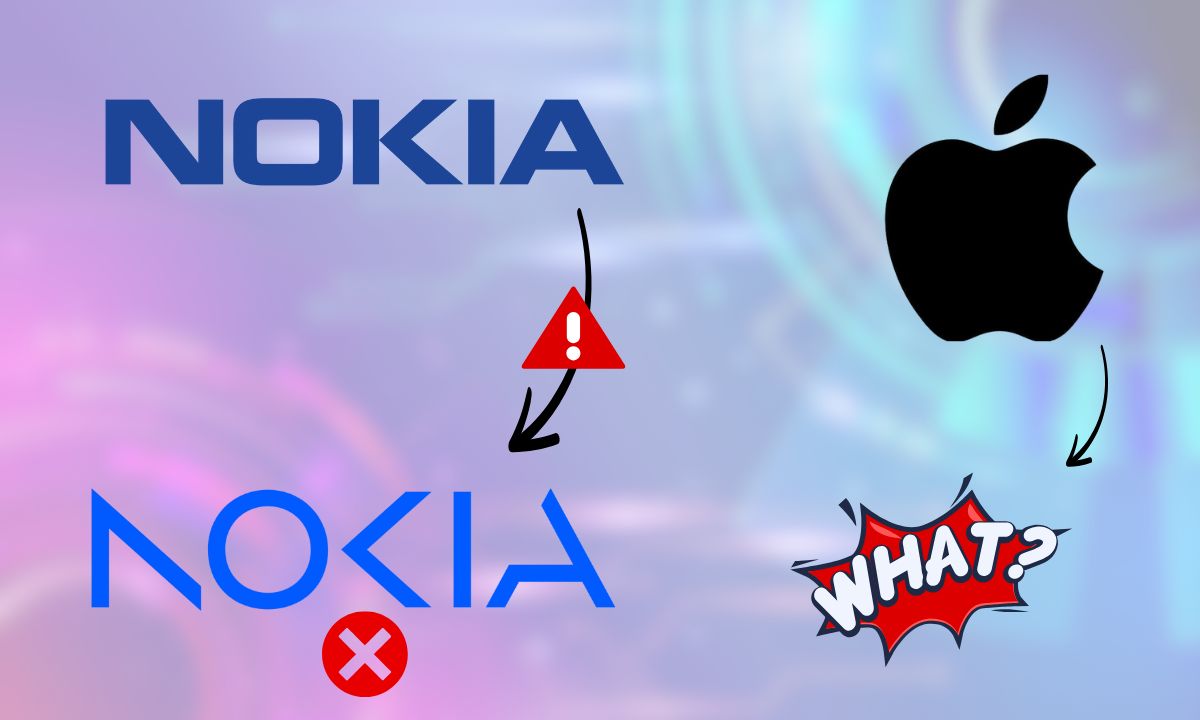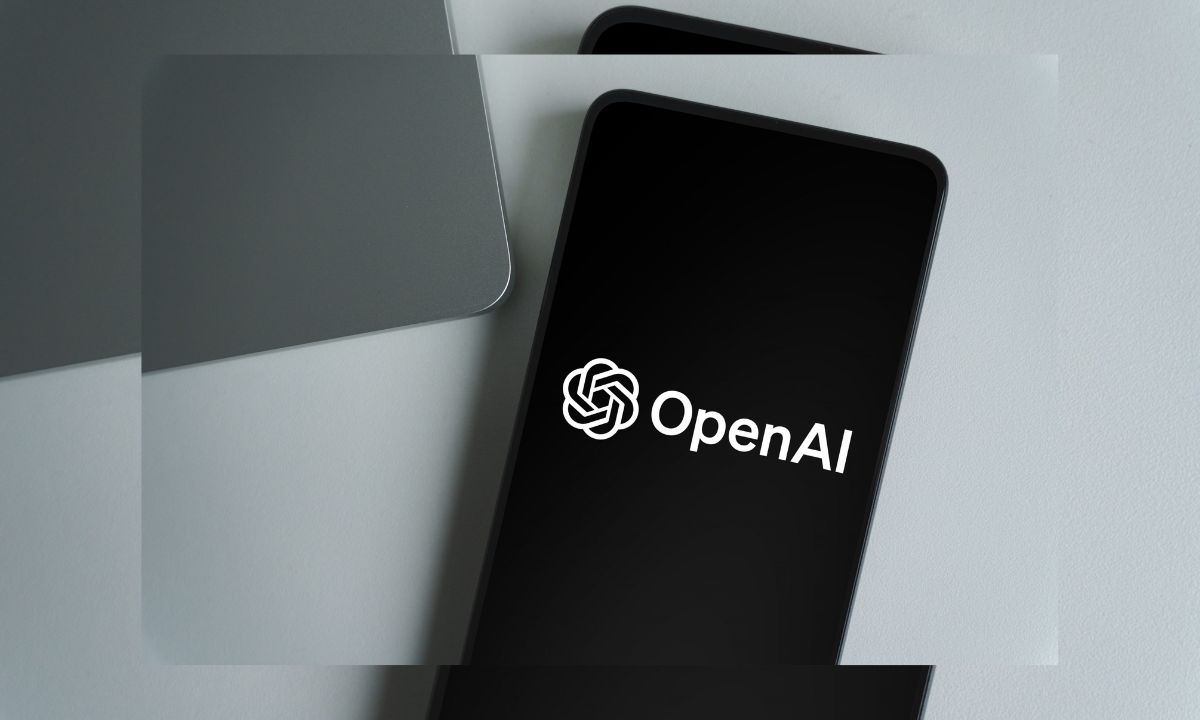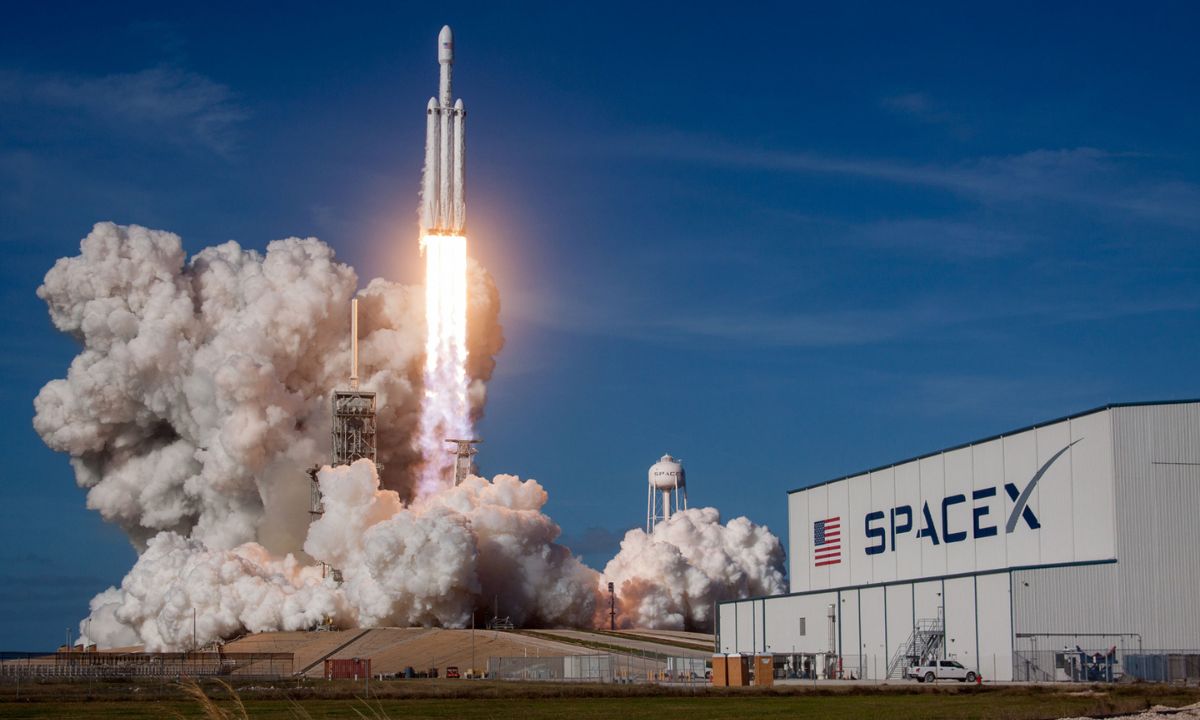In 1985, Steve Jobs made a prediction about artificial intelligence that sounds remarkably similar to today’s AI-powered chatbots like ChatGPT. He imagined a future where computers could not only store information but also engage in conversations, helping people learn and interact with great thinkers from history.
Steve Jobs Predicting AI
The Idea of Interactive Knowledge
Jobs compared the personal computer revolution to past technological shifts, like the petrochemical revolution, which transformed society by providing new sources of energy. He believed that computers were bringing a new kind of revolution—“free intellectual energy”—which would continue to improve and refine itself over time.
Bringing Historical Thinkers to Life
One of Jobs’ most fascinating ideas was the ability to “capture the underlying worldview” of great minds like Aristotle in a computer. He imagined a future where a student could not only read Aristotle’s works but also ask him questions and receive answers—just as if Aristotle were alive today.
A Remarkably Accurate Prediction
Nearly 40 years later, AI-powered chatbots like ChatGPT have brought this vision to life. These tools can analyze vast amounts of historical data, respond to questions, and even mimic the thought processes of historical figures. While we haven’t fully recreated Aristotle’s mind, Jobs’ dream of an interactive knowledge system is closer to reality than ever.
His foresight reminds us that technology has the power to change how we learn, think, and interact with knowledge, just as he predicted decades ago.




